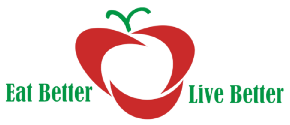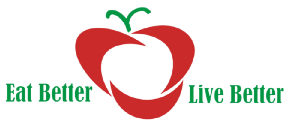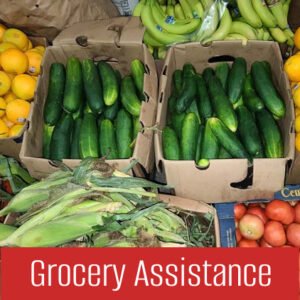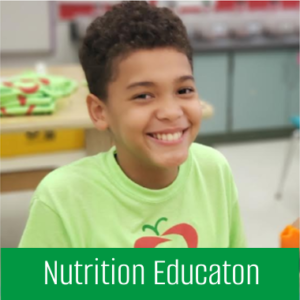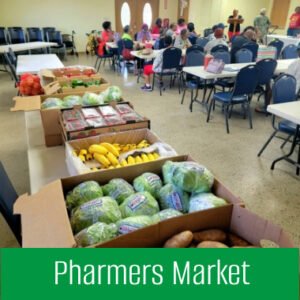Theory of Change
Theory of Change
When organizations like Eat Better Live Better are formed, it is not just to fill an immedia1e need, but to help create long-lasting, positive changes within communities_ Our Theory of Change goes far beyond the distribution of food. Our theor y is that we must create a higher standard to food distribution as families in need of grocery assistance have the
lade-of-access to healthful foods and fresh produce. It is our responsibility to provide that access and feed with dignity.
Bullying, anxiety, obesity, depression, ADHD, early on-set puberty, diabetes, cardiovascular disease, student drop-out rates, crime rates, skin disease, increased healthcare costs, cancer, decreased lif-e expectancy and several other medical problems are known complications of poor nutrition_
With the health of our community at risk, Eat Better Live Better has put our Theory of Change to the test. It is through access, education, and compassion that our organization serves.
- Access provides security, nourishment, lifestyle changes, and health benefits.
- Education provides understanding, knowledge, and the ability 1o make healthy choices and prepare nutritious meals.
- Compassion provides us with the ability 1o foster caring relationships and trust within the community.
People are required to learn how to drive and take a test before getting their driver’s license. The outcome could be fatal if someone is not properly trained and cannot pass the driver’s test. Nutrition is very similar. Poor nutrition can make you ill, cause disease and even death. That is why the combination of access and education is so critical.
The methodology of Eat Better Live Better’s Theory of Change is that you cannot eat healthy without access 1o nutrient-dense foods, and you cannot prepare those foods if you do not have the education to do so.
It is through our community supported programs that we can show the efficacy of our theory. Join us in our efforts to create healthy generational habits and access for the changes to occur.
